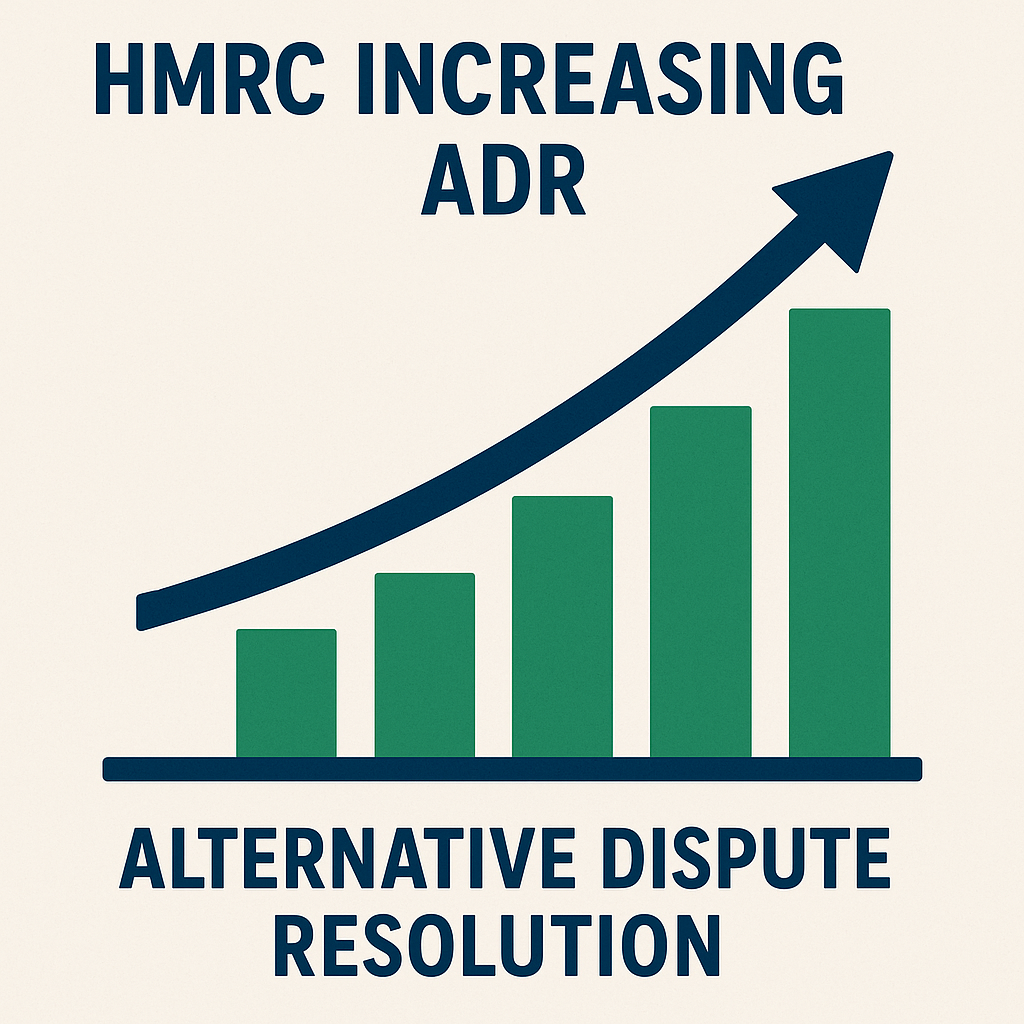
HMRC Explores Expansion of Alternative Dispute Resolution in Tax Cases: A Shift Toward Collaborative Solutions
The UK’s HM Revenue & Customs (HMRC) is considering a significant overhaul of its approach to resolving tax disputes, with a focus on expanding the use of Alternative Dispute Resolution (ADR) mechanisms. This move follows a public consultation launched as part of the Tax Administration Framework Review, which seeks to modernize HMRC’s processes, reduce litigation, and foster a more efficient, taxpayer-friendly system. The consultation, titled “Improving HMRC’s Approach to Dispute Resolution”, highlights a growing recognition that adversarial court battles are often costly, time-consuming, and detrimental to taxpayer relationships.
Why ADR? The Case for Change
ADR encompasses mediation, arbitration, and facilitated negotiation—processes designed to resolve disputes without formal litigation. HMRC’s consultation underscores several motivations for prioritizing ADR:
- Reducing Backlogs: Tax tribunals and courts face mounting caseloads, with delays stretching into years in some cases. ADR could alleviate pressure on the judicial system.
- Cost Efficiency: Litigation is expensive for both HMRC and taxpayers. ADR offers a cheaper, faster alternative.
- Preserving Relationships: By fostering collaboration, ADR may help maintain trust between HMRC and businesses/individuals, particularly SMEs and vulnerable taxpayers.
- Flexibility: ADR allows for creative, bespoke solutions that rigid court rulings cannot always accommodate.
Key Proposals from the Consultation
The consultation outlines specific measures to embed ADR more deeply into HMRC’s dispute resolution framework:
- Expanding ADR Availability: Broadening eligibility criteria to include more complex cases (e.g., large corporate disputes or international tax matters) that are currently funneled toward litigation.
- Early Intervention: Encouraging ADR at the outset of disputes, rather than as a last resort. HMRC may train staff to identify cases suitable for ADR during initial compliance checks.
- Standardized Processes: Developing clear guidelines for ADR procedures, timelines, and stakeholder responsibilities to ensure consistency.
- Transparency and Feedback: Implementing mechanisms for taxpayers and advisors to evaluate ADR outcomes, with HMRC using this feedback to refine its approach.
Stakeholder Reactions
The proposals have garnered cautious optimism from tax professionals and industry groups:
- Tax Advisors: Many welcome the shift, noting that ADR can resolve misunderstandings quickly. However, some express concerns about HMRC’s capacity to resource ADR adequately and maintain impartiality during negotiations.
- Business Groups: Organizations like the Confederation of British Industry (CBI) argue that ADR could reduce the “chilling effect” of prolonged disputes on investment and innovation.
- Critics: Skeptics warn that ADR risks becoming a “box-ticking exercise” unless HMRC commits to genuine flexibility. Others stress that ADR must not undermine taxpayers’ statutory right to challenge HMRC through tribunals.
Challenges and Considerations
While the consultation signals progress, several hurdles remain:
- Resource Allocation: Scaling up ADR requires significant investment in training HMRC caseworkers and independent mediators.
- Power Imbalance: Critics highlight concerns that individual taxpayers or SMEs may feel pressured to accept unfavorable settlements during ADR, particularly without legal representation.
- Cultural Shift: HMRC’s historical reliance on formal enforcement mechanisms may necessitate a change in institutional mindset to prioritize collaboration over confrontation.
The Road Ahead
HMRC is expected to publish its response later this year. If implemented effectively, an expanded ADR framework could mark a turning point in UK tax administration—one that prioritizes pragmatism over protracted conflict.
For taxpayers, the message is clear: engaging early with HMRC and exploring ADR options may soon become a strategic imperative. For HMRC, the challenge lies in balancing efficiency with fairness, ensuring that its dispute resolution system retains public confidence while adapting to 21st-century demands.
